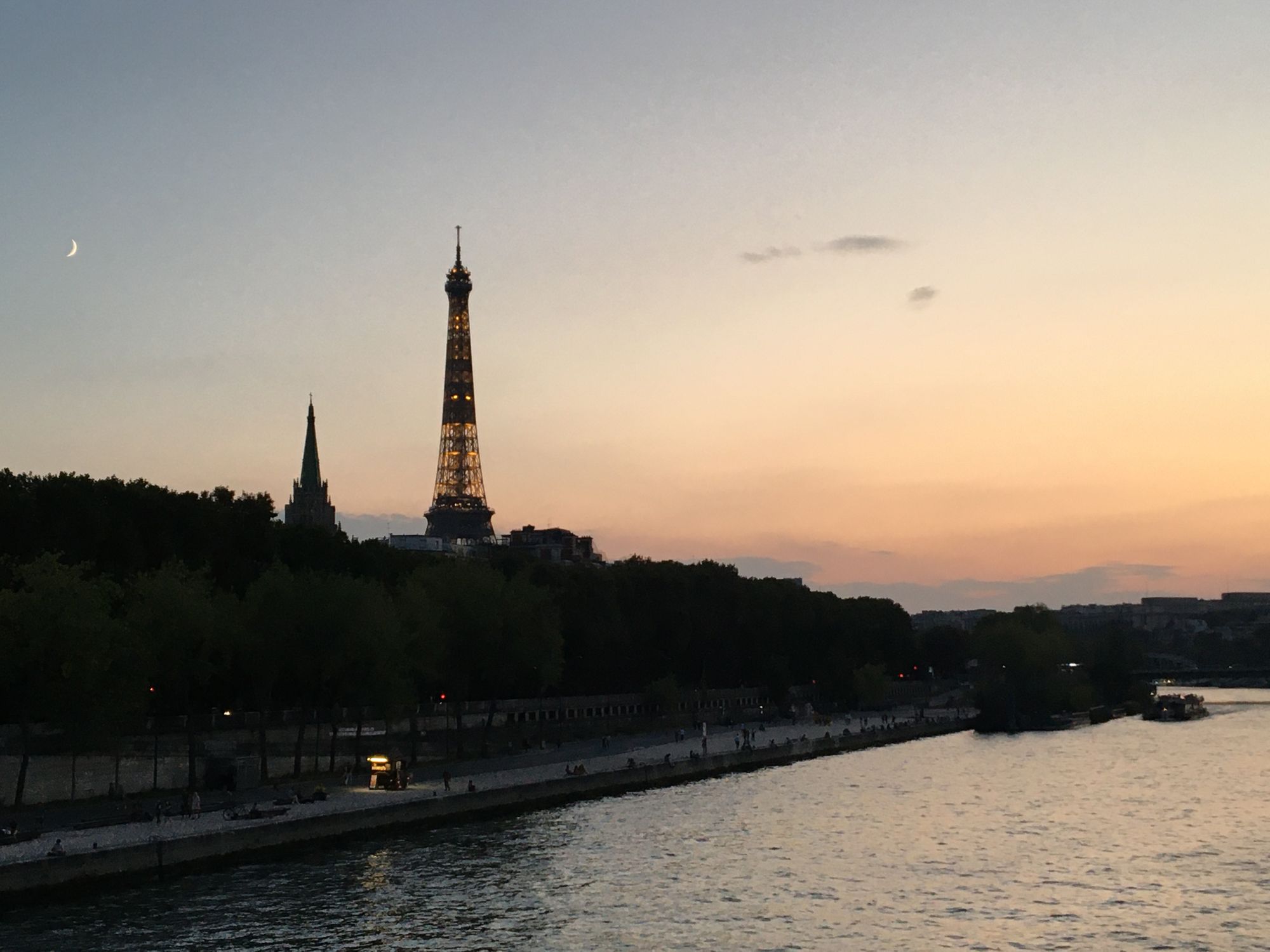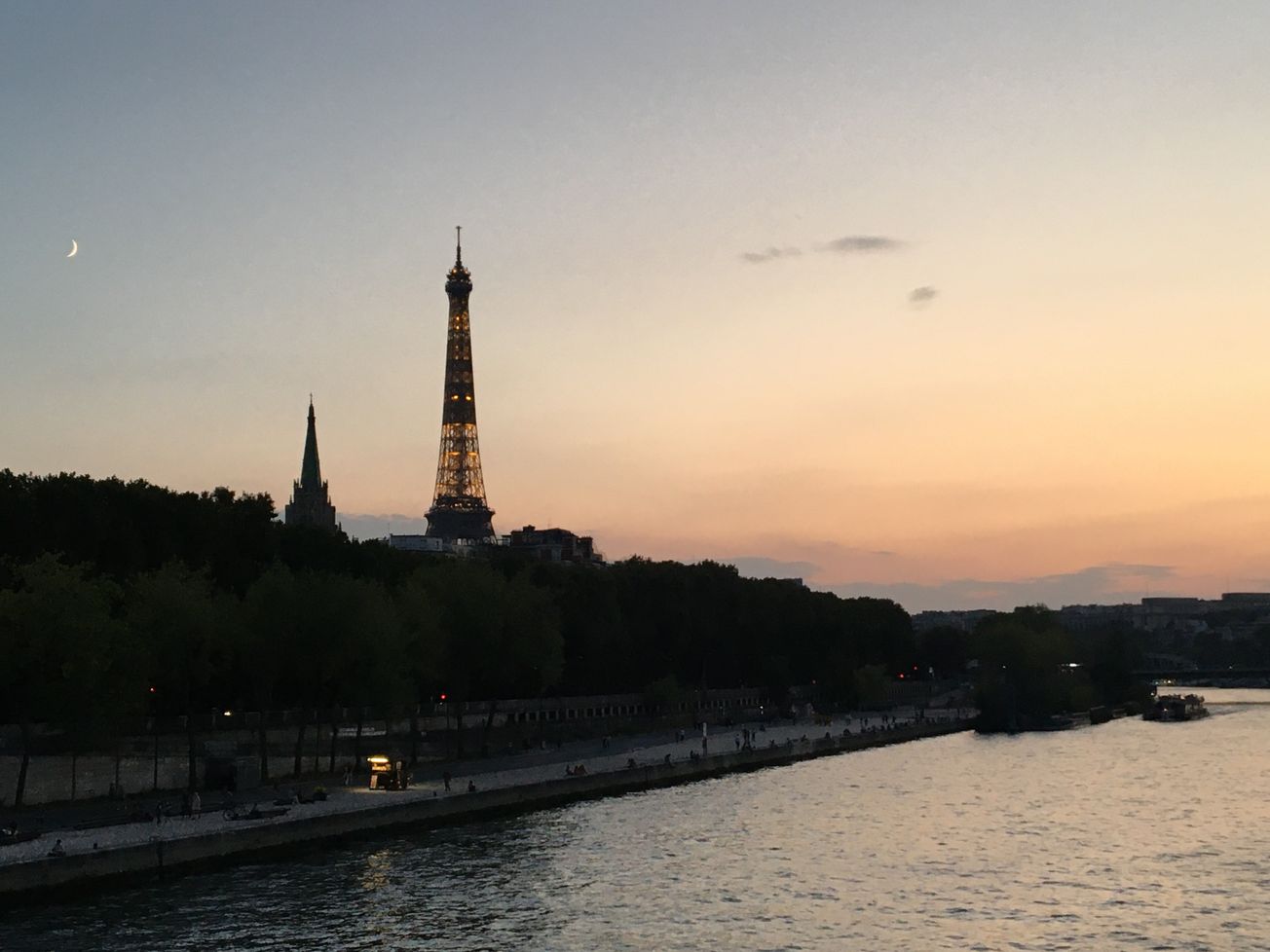By Xander Brett, Third Year, History of Art and French
The Croft Magazine // In this week's Letter to Paris, Xander Brett compares lockdown in the UK and France and discusses the illegal occupation in the Place de la République.
29th November, 2020
Step by step, Europe untangles itself from its second round of lockdowns. Here in England, that process begins on Wednesday. In France, the process started on Saturday. Non-essential shops reopened, exercise extended beyond previous limits and religious centres can reopen to thirty people. On 15th December, if numbers continue to decline, movement across regions will be allowed, as the French prepare for Christmas. Cinemas, theatres and museums will also briefly reopen. Finally, on 20th January, bars, restaurants, sports centres and gyms will reopen. England moves back to a tier system. France moves back to a 9pm to 7am curfew. But France, perhaps unlike England, is ready to unlock. Hospital admissions are manageable. From 49,000 cases on 30th October (the day it entered lockdown), numbers have fallen to around 13,000.
As France moves on this week, so it seems must its migrants. This week an illegal occupation in the Place de la République was broken up with tear gas and batons. Police overturned tents, pulling out their inhabitants. These were migrants from a camp removed in Saint-Denis last week. I saw that camp for myself. It was like an exclave of Africa in Europe: a village of tents with trolleys of corn on the cob and campfires smoking gently. The smells and sights were identical to those of Nairobi. While it seems to me that the removal of such a central camp in Place de la République, well within the ring of the Péripherique, is justified, the breakup of the camp at Saint-Denis is more controversial. Like the camp at Calais, that was a temporary home for many, and a source of primitive commerce. The police’s removal has been brutal, and it comes as the French parliament approved a new security bill, introduced by President Macron, that outlaws sharing images of police officers at work. Along with migrant removals, it was an approval made all-the-more controversial when a video emerged last week of policemen attacking a record producer at his studio in Paris, kicking and punching him after questioning his use of a mask.

This summer saw some of the largest waves of cross-channel migration. Almost eight thousand migrants made the perilous crossing, desperate to reach the UK, where they can go undetected without identity cards. In 2016 the infamous Calais ‘jungle’ was torn down and inhabitants were slowly – perhaps too slowly – relocated to temporary shelters. Certainly, the UK are considerably kinder to refugees. Those arriving from France are given hostel-style accommodation across the country, paid for by the government. All are given money for essentials and unaccompanied children are taken into the care of local councils and foster families. Nevertheless, both the French and British governments are clear that France is still a safe country, and that cross-channel migration – initiated by exploitative gangs (who charge between £3,000 and £6,000 for the use of inadequate rafts) – must stop. A YouGov poll this August showed 73 per cent of the British population thought illegal crossings were a problem. Even now, in freezing conditions, they continue. It’s up to the British and French authorities to hunt down the leaders of these terrible gangs, and to discourage those desperate refugees from making such an unnecessarily perilous journey. As we focus on Brexit and coronavirus, it’s important we remember that this exodus continues.
Featured Image: Epigram / Xander Brett
Listen to Xander's weekly Burst Radio podcast 'Letters from Paris'.









